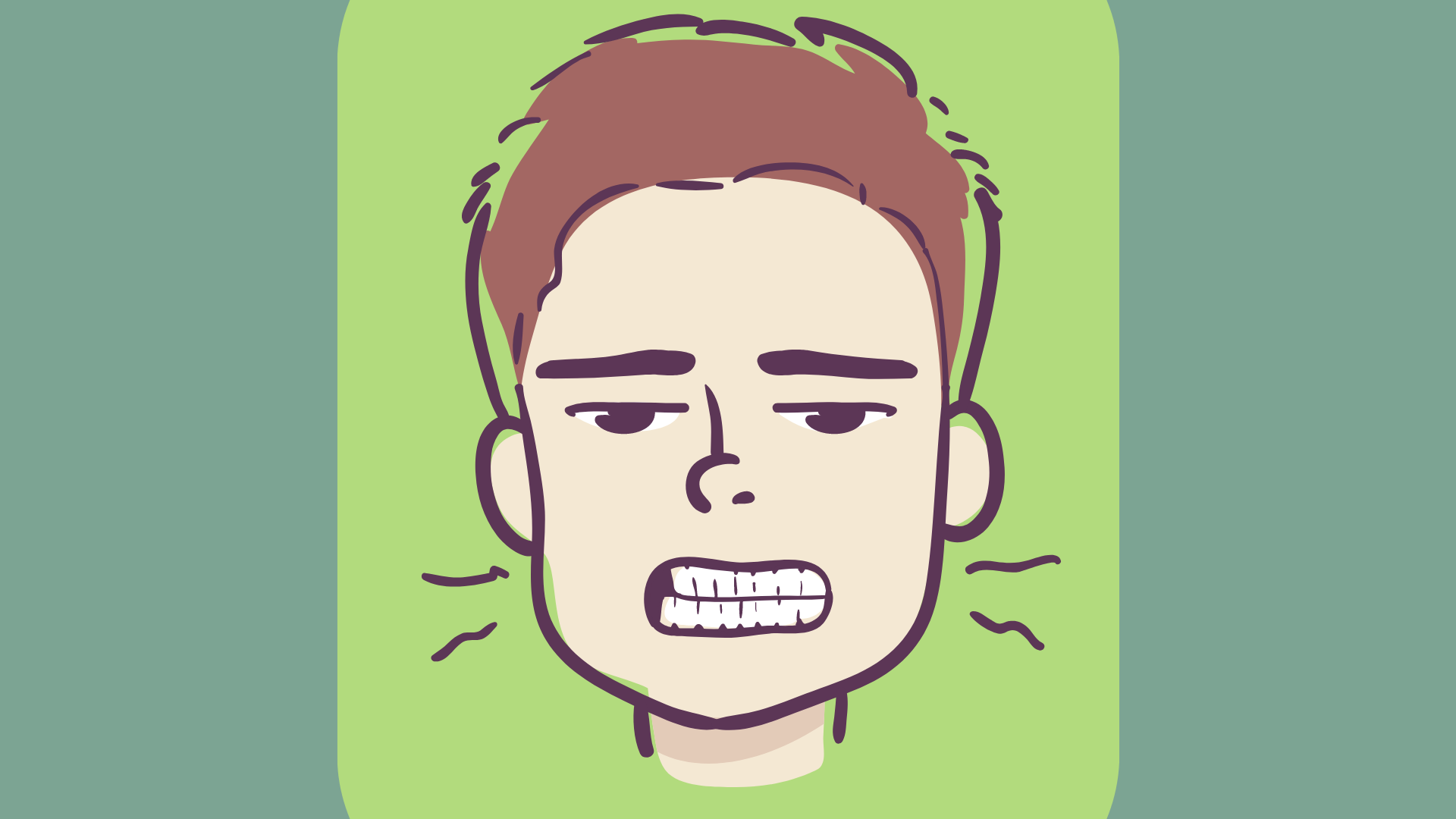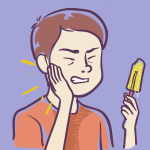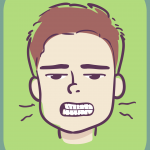What is bruxism?
Bruxism is a condition characterized by excessive teeth grinding or clenching. If left unchecked, bruxism can eventually erode tooth enamel, leading to sensitive teeth, chipped teeth, disrupted sleep, chronic jaw pain (TMJ), and more. Stress and anxiety are two big contributors to bruxism, with other potential factors including a misaligned bite or sleep apnea. It’s important to pinpoint and understand the underlying cause of a particular case of bruxism in order to properly treat the issue.
Because people who grind or clench their teeth often do so while sleeping, it’s common for them to be unaware that they’re doing it at all. In many cases, those who suffer from bruxism may experience frequent headaches and jaw pain without understanding the source of their discomfort. Awareness is the first step toward mitigating bruxism, and your dentist will typically notice signs of excess grinding or clenching during a checkup.
How do I stop grinding my teeth?
A typical treatment for patients suffering from bruxism is a custom nightguard, which keeps the teeth separated while sleeping so as to avoid further enamel damage. Though nightguards can certainly help to protect teeth, lighten tension, and alleviate discomfort, there are often underlying conditions that must be addressed.
For instance, if it is determined that a sleep disorder might be at the root of a case of bruxism, undergoing a sleep study would be a vital initial step. Teeth grinding can be a symptom of obstructive sleep apnea, which occurs when throat muscles intermittently relax and interrupt breathing during sleep. Those who suffer from moderate to severe sleep apnea may require a continuous positive airway pressure device (CPAP), which keeps airway passages open while sleeping.
For patients suffering from stress and anxiety, adopting relaxation techniques or visiting a mental health professional may provide significant relief. Physical therapy, self-massages, and muscle relaxants may also be recommended, particularly when patients suffer from facial pain or stiffness.
If you are experiencing signs of bruxism, don’t hesitate to visit your dentist as soon as possible.


